Understanding the Global Lawn Mower Market
The global demand for lawn mowers has steadily grown, especially in countries with large suburban areas like the United States, Canada, Australia, and parts of Europe. China, as a manufacturing powerhouse, offers competitive pricing and a vast variety of models, from basic push mowers to advanced robotic ones. The economic efficiency and scalability of production in China make it a favorite for bulk purchases and international imports.
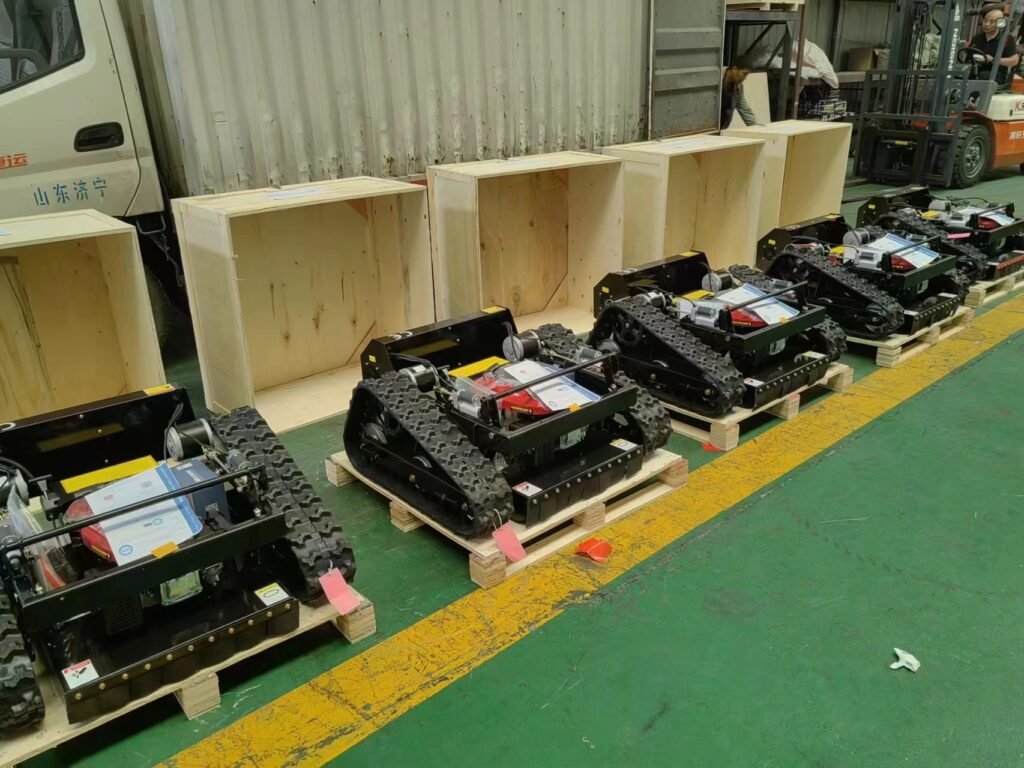
Choosing the Right Lawn Mower Type for Import
Before initiating the shipment, you must decide the type of lawn mower that suits your target market:
- Push Mowers: Ideal for small lawns, low-cost.
- Riding Mowers: For larger landscapes, higher margins.
- Robotic Mowers: Smart, tech-savvy customers prefer these.
- Electric vs. Gas-Powered: Some countries have restrictions on gas emissions, favoring electric options.
Each type comes with different shipping dimensions, weight, and compliance standards—so your selection directly impacts the logistics and costs involved.
Finding Reliable Suppliers in China
Sourcing begins with platforms like Alibaba, Made-in-China, and Global Sources. Trade shows such as the Canton Fair also offer direct access to manufacturers. It’s crucial to:
- Verify business licenses and ISO certifications.
- Request product samples.
- Check customer reviews and ratings.
A factory visit or a virtual tour can help validate your supplier’s credibility, especially if placing a large order.
Negotiating Prices and Terms with Chinese Exporters
Understanding pricing structures is key. Always inquire about:
- Minimum Order Quantity (MOQ).
- Lead time and manufacturing capacity.
- Payment terms (TT, LC, Alibaba escrow).
Use clear contracts that define Incoterms like FOB (Free on Board), CIF (Cost, Insurance & Freight), or DDP (Delivered Duty Paid).
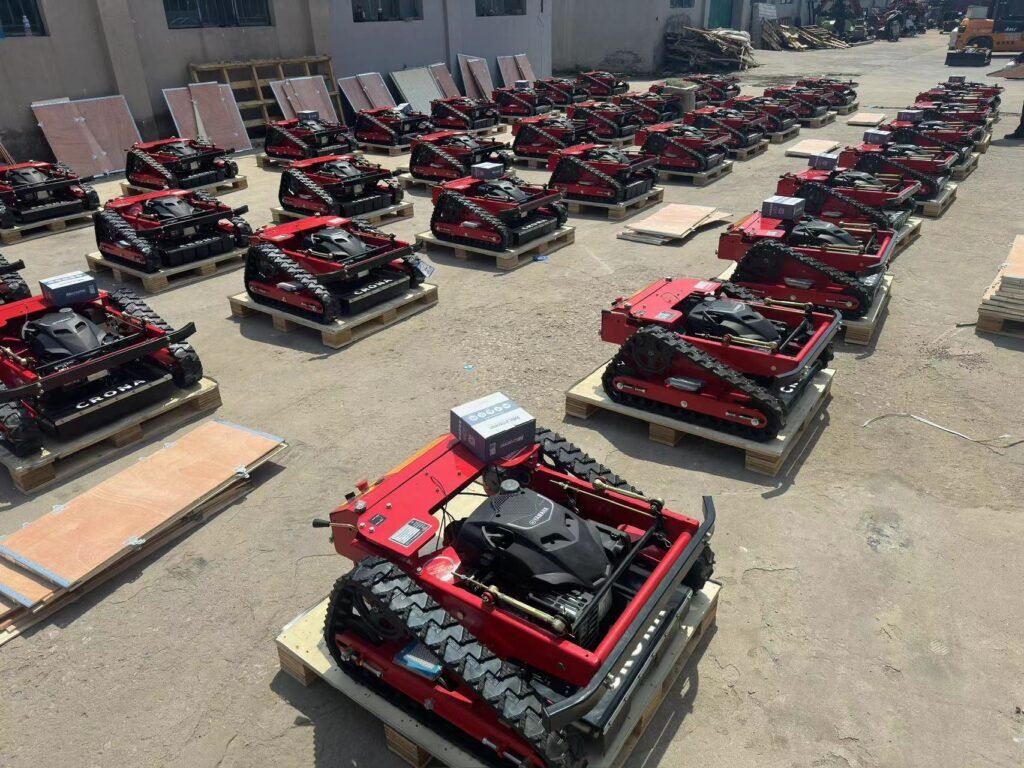
Quality Control and Product Inspection
Skipping inspections is a risky move. Employ third-party quality control firms like SGS or TUV to:
- Check mechanical functions.
- Ensure compliance with design specs.
- Verify safety features and packaging standards.
You can choose between pre-production, during production, or final inspections.
Packaging Requirements for International Shipping
Given the heavy and bulky nature of lawn mowers, packaging must be robust. Follow these:
- Use wooden crates or reinforced cartons.
- Include foam padding and waterproofing layers.
- Label boxes clearly with model numbers and warnings.
Proper packaging minimizes damage risks and speeds up customs clearance.

Compliance with International Safety Standards
Exported lawn mowers must meet local regulations in the destination country:
- Europe: CE Certification.
- USA: EPA compliance and UL ratings.
- Global: RoHS for electrical parts.
Non-compliance can result in heavy fines, rejection at ports, or costly product recalls.
Choosing a Shipping Method from China
- Sea Freight: Most economical for bulk shipments, but slower (20–45 days).
- Air Freight: Faster (7–10 days) but very costly.
- Rail Freight: An option to Europe via the China-Europe Railway Express.
For full container loads, go for FCL (Full Container Load). For smaller shipments, LCL (Less than Container Load) saves costs.
Calculating Shipping Costs and Duties
Use a freight forwarder to get a detailed quote, including:
- Base freight charge.
- Handling and documentation fees.
- Customs duties and VAT.
Customs duties vary by HS Code. Lawn mowers typically fall under HS Code 8433.11.
Documentation for Export and Import
Essential documents include:
- Commercial Invoice.
- Bill of Lading or Airway Bill.
- Packing List.
- Certificate of Origin.
- Import Permits (if applicable).
Your customs broker should review these to ensure all is in order.
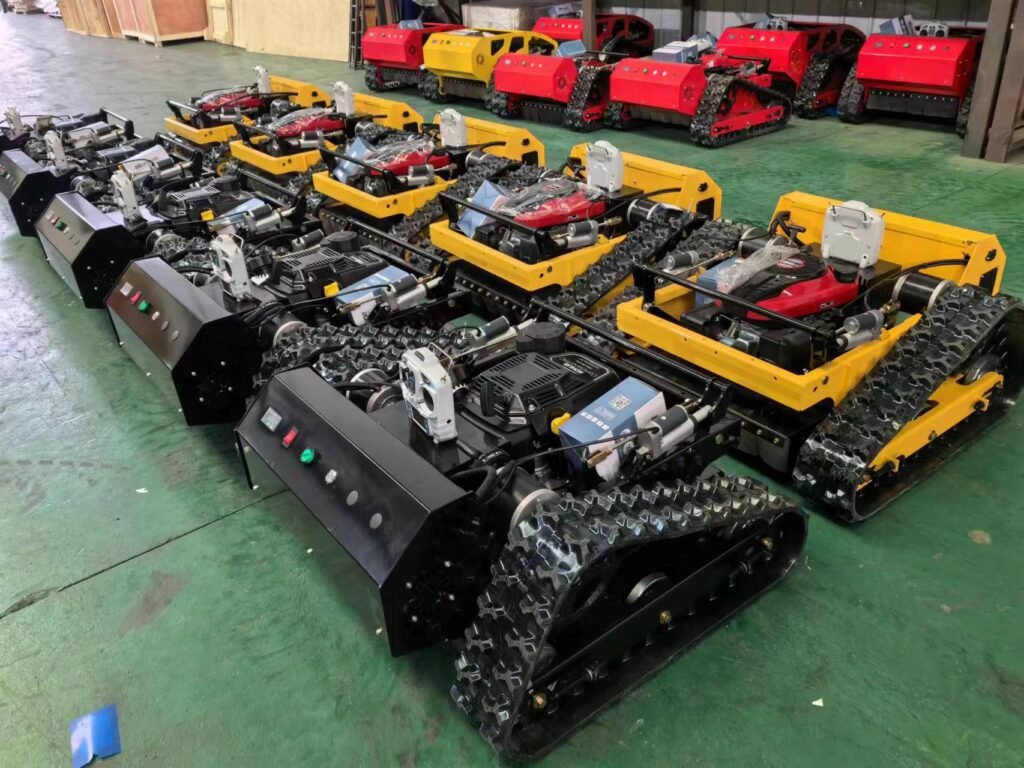
Understanding Customs Clearance Process
The customs process varies per country but generally includes:
- Verification of documentation.
- Duty and tax payment.
- Physical inspection (random or suspicious cases).
Hiring a professional customs broker will streamline the process and reduce your risk of delays.
Warehousing and Distribution Planning
Plan where the shipment goes after port clearance:
- Direct to customer.
- To a central warehouse.
- To regional distribution centers.
Factor in warehousing costs, transportation from port, and inventory software integration.
Insurance for Shipping Heavy Equipment
You should never ship without insurance. Opt for:
- All-Risk Marine Cargo Insurance.
- Named Perils Insurance for cheaper options.
Coverage includes theft, damage, and natural disasters. Always read the fine print and get it from reputable providers.
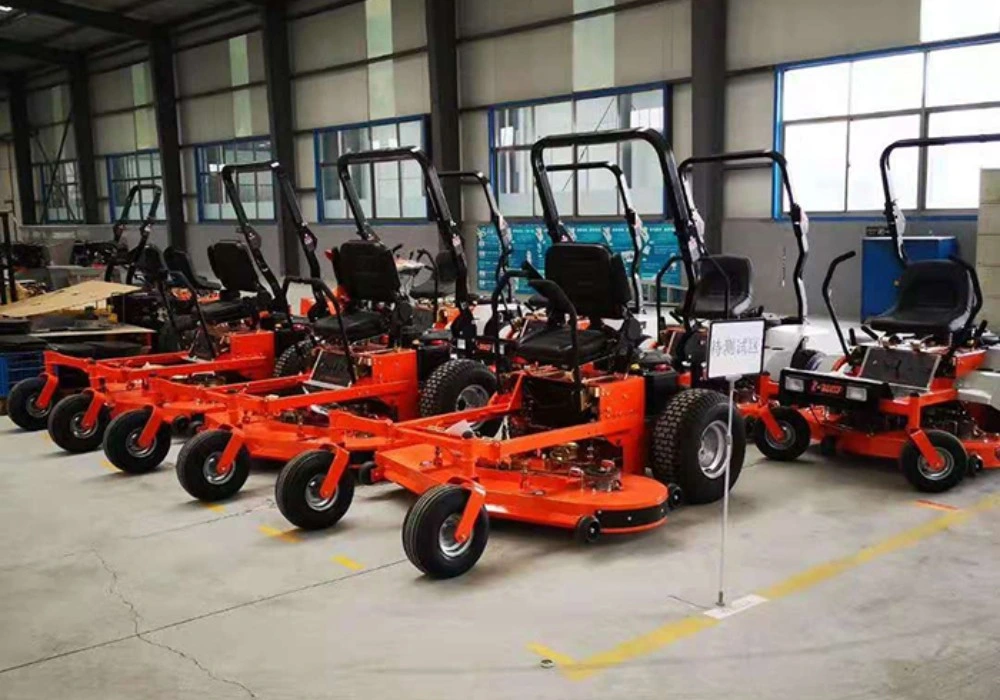
Handling After-Sales Services and Spare Parts
Ensure your supplier can:
- Provide spare parts.
- Offer technical support or manuals.
- Help set up a local service center.
This adds value and builds long-term trust with your customers.
Avoiding Common Shipping Mistakes
- Mislabeling or incomplete documentation.
- Ignoring packaging guidelines.
- Lack of insurance coverage.
- Poor follow-up on customs status.
These mistakes can lead to major losses or fines.
Sustainability and Environmental Considerations
As global regulations tighten, think ahead:
- Opt for electric mowers to reduce emissions.
- Partner with eco-friendly shippers.
- Encourage recycling of packaging materials.
Being sustainable is not just ethical—it’s a selling point.
Case Study: Successful Lawn Mower Shipment
A U.S. importer sourced 500 robotic lawn mowers from a verified supplier in Guangdong. Using FOB terms, sea freight via Shenzhen, and third-party inspections, they cleared customs within a week, and even negotiated a 15% discount by consolidating shipments. Their total landed cost per unit was reduced by 22%.
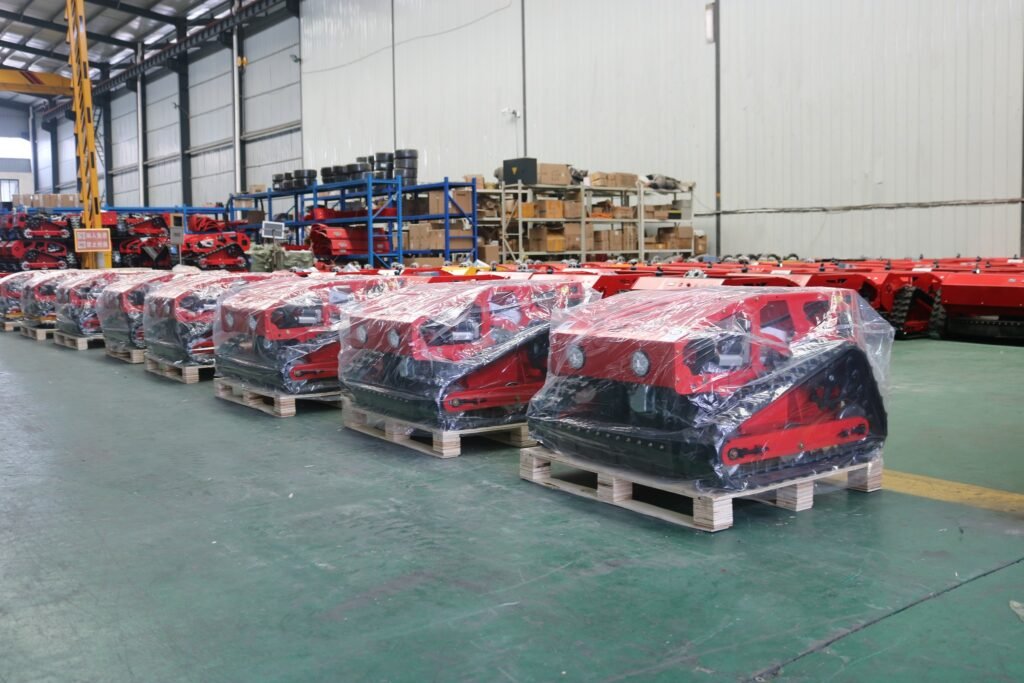
FAQs About Shipping Lawn Mowers from China
Q1. What is the average shipping cost for lawn mowers from China?
Shipping costs vary based on size, quantity, and destination. Sea freight for bulk orders can range from $2,000–$5,000 per container.
Q2. Do lawn mowers require certification to import into the U.S.?
Yes. Most lawn mowers need EPA and possibly UL certification, especially if they are gas-powered.
Q3. Can I import just one or two units for personal use?
Yes, but it’s costly due to LCL charges and customs fees. Most importers go for bulk purchases.
Q4. How do I ensure the supplier is legitimate?
Request their business license, look for verified status on platforms like Alibaba, and hire a third-party for a factory audit.
Q5. What’s the best Incoterm for new importers?
DDP (Delivered Duty Paid) is safer for beginners, as the supplier handles most of the logistics.
Q6. How long does it take to ship lawn mowers from China to the U.S.?
Sea freight typically takes 30–45 days, including customs clearance.




